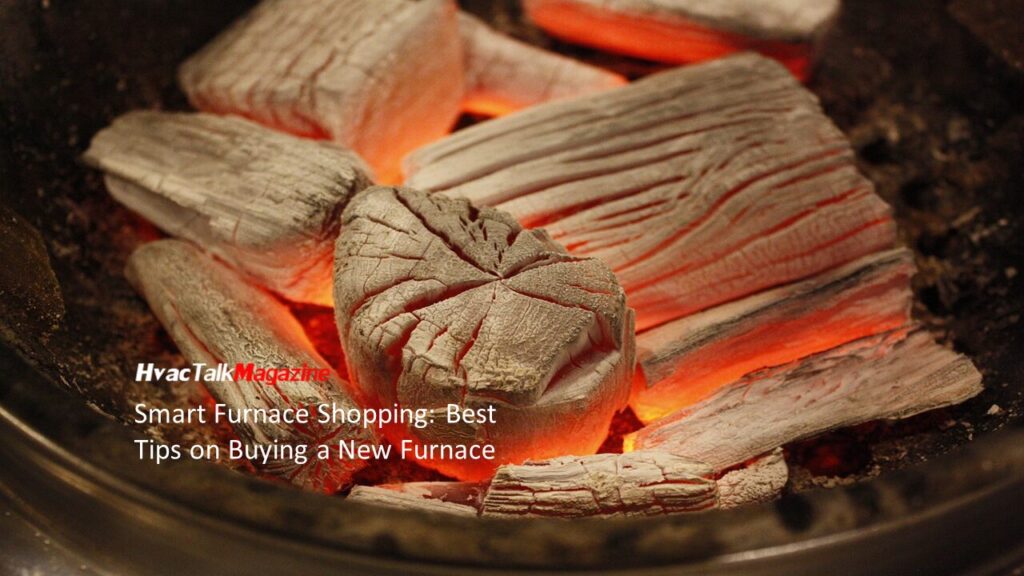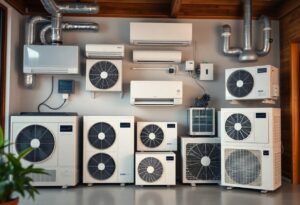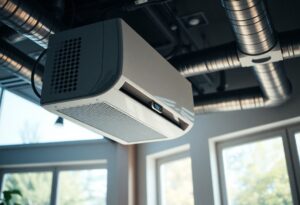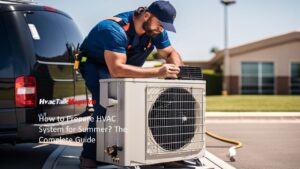Smart Furnace Shopping: Best Tips on Buying a New Furnace
Choosing a new furnace for your home is a significant investment, but it can also lead to long-term savings and improved comfort. Smart furnace shopping involves understanding your needs, comparing options, and making informed decisions. In this listicle, we’ll provide you with the best tips on buying a new furnace, how a new furnace can save you money, signs that your current furnace is costing you more, and when you should start considering a replacement.
Tips on Buying a New Furnace
1. Assess Your Heating Needs
Before purchasing a new furnace, evaluate your home’s heating requirements. Consider factors such as the size of your home, climate, insulation, and existing ductwork. This will help you choose a furnace with the right capacity and efficiency for optimal performance.
2. Look for Energy Efficiency
Modern furnaces are much more energy-efficient than older models. Look for units with a high Annual Fuel Utilization Efficiency (AFUE) rating. A higher AFUE rating means the furnace converts more fuel into heat, reducing energy waste and lowering your utility bills.
3. Compare Fuel Types
Furnaces can run on different types of fuel, including natural gas, oil, electricity, and propane. Compare the availability, cost, and efficiency of each fuel type in your area. Natural gas furnaces are often the most cost-effective, but availability varies by region.
4. Check for Rebates and Incentives
Many utility companies and government programs offer rebates and incentives for purchasing energy-efficient furnaces. Check for available programs in your area to reduce the upfront cost of a new furnace and make the investment more affordable.
5. Evaluate Total Cost of Ownership
When comparing furnaces, consider the total cost of ownership, including installation, maintenance, and operating costs. A higher-priced unit with better efficiency and lower maintenance costs may be more economical in the long run than a cheaper, less efficient model.
Tips on Buying a New Furnace: How Can Buying a New Furnace Save You Money?
1. Lower Energy Bills
A new furnace with a high AFUE rating uses less fuel to produce the same amount of heat as an older, less efficient model. This translates to lower energy bills and significant savings over the furnace’s lifespan.
2. Reduced Repair Costs
Older furnaces are more prone to breakdowns and require frequent repairs. A new furnace comes with a warranty and is less likely to need costly repairs, saving you money on maintenance.
3. Improved Home Value
Upgrading to a new, energy-efficient furnace can increase your home’s value. Potential buyers appreciate the reduced energy costs and reliability of a modern heating system, making your home more attractive on the market.
Tips on Buying a New Furnace: How Do You Know When Your Furnace Is Costing You More Money?
1. Rising Energy Bills
If you notice a steady increase in your energy bills without a corresponding rise in usage, your furnace may be losing efficiency and consuming more fuel to heat your home.
2. Frequent Repairs
Frequent breakdowns and repair bills are signs that your furnace is nearing the end of its lifespan. Continually investing in repairs can add up, making a new furnace a more cost-effective solution.
3. Uneven Heating
If some rooms in your home are consistently warmer or cooler than others, your furnace may be struggling to distribute heat evenly. This inefficiency can lead to higher energy consumption and discomfort.
Tips on Buying a New Furnace: When Should You Begin to Think About Purchasing a New Furnace?
1. Age of the Furnace
The average lifespan of a furnace is 15-20 years. If your furnace is approaching or exceeding this age range, it’s time to start considering a replacement, even if it’s still functioning. Older furnaces are less efficient and more likely to fail.
2. Rising Repair Costs
When the cost of repairing your furnace becomes comparable to the cost of a new unit, it’s wise to invest in a replacement. Frequent repairs indicate that the furnace is no longer reliable.
3. Home Renovations or Additions
If you’re planning significant home renovations or adding square footage, your existing furnace may not be able to efficiently heat the new space. Upgrading to a more powerful and efficient unit ensures your entire home stays comfortable.
Tip of the Day
Ensure your home stays warm and cozy with a reliable HVAC furnace! Upgrade to efficient heating and enjoy comfort throughout the winter months.
👉 Shop now and discover the perfect HVAC furnace for your home. Stay warm and comfortable with top-quality heating solutions!
4. Desire for Improved Efficiency
If you want to reduce your carbon footprint and save on energy bills, upgrading to a modern, energy-efficient furnace is a smart choice. Newer models offer advanced features and better performance, making your home more environmentally friendly.
Find and Post Jobs on the HVAC Jobs Center
Tips on Buying a New Furnace: Conclusion
Smart furnace shopping involves careful consideration of your home’s heating needs, energy efficiency, fuel types, and total cost of ownership. By investing in a new furnace, you can save money on energy bills, reduce repair costs, and improve your home’s comfort and value. Keep an eye on signs that your current furnace is costing you more money and consider purchasing a new unit when it’s nearing the end of its lifespan, repair costs are rising, or you want to enhance efficiency. Consider tips on buying a new furnace and start your journey towards a warmer, more efficient home today! If you find the tips on buying a new furnace useful, follow us on Google Chrome for updates on HVAC Talk.
Tips on Buying a New Furnace Useful!
Follow Us on Google Chrome
To get started, switch to Google Chrome Browser * Already on our site * Top right, tap the 3 dots
* Bottom right, tap follow
* You are done.
Learn more and join our mailing list for updates.
This post has been written by Team HVAC Talk Magazine. Stay informed and connected with the latest in HVAC—join us for expert advice, troubleshooting tips, and news updates. Don’t miss out, follow us now! #HVACExperts #HVACTips #StayInformed #HVACProTalk.








